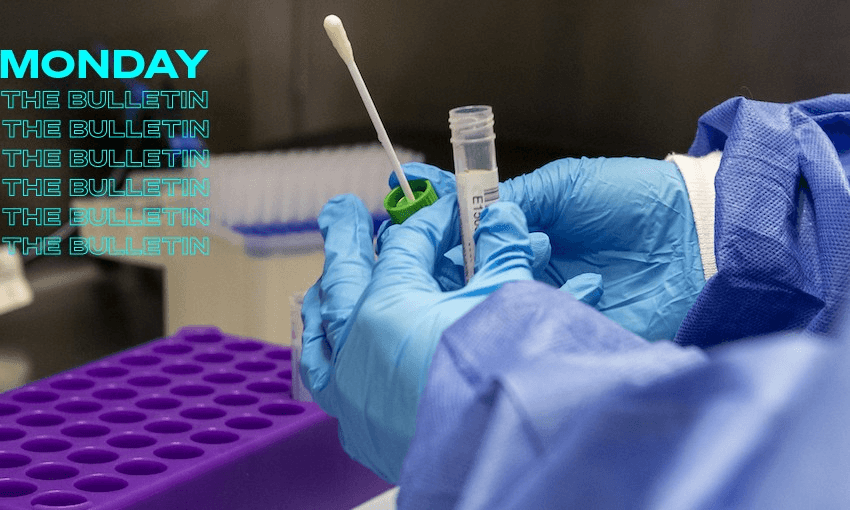Little is yet known about the new variant, but experts warn that New Zealand’s reopening plans might need to be put on hold, Justin Giovannetti writes in The Bulletin.
The world reacts to Omicron with mass travel bans. Countries around the world, including New Zealand, rushed to contain the new Omicron variant of the Covid-19 virus over the weekend. On Saturday alone, the variant was detected in the UK, Germany, Italy and the Czech Republic. Yesterday, Australia’s first two cases of the variant were detected in New South Wales. Previously known as B.1.1.529, Omicron was given a name and listed by the World Health Organisation as a variant of concern on Friday. It’s the first variant given that designation since delta in May. As The Observer reports, Omicron has developed incredibly quickly, emerging in South Africa only two weeks ago. It rapidly displaced delta to become the country’s most dominant variant.
What do we know about Omicron? A new Covid-19 variant was always going to emerge and most experts say that it’s important to keep a level head and not jump to catastrophe. According to Reuters, scientists are worried about the variant, but don’t have many answers for what it’ll mean. While Omicron has over 30 mutations on its spike protein (the part of the virus that allows it to enter our cells) it isn’t clear if that’ll have a significant impact on existing vaccinations. While it’s believed to be more infectious than delta, researchers and pharmaceutical firms are rushing to find out more. Scientists in Botswana and South Africa, along with health authorities, are being thanked for immediately warning the international community of their discovery. As Stuff reports, a South African doctor has said that Omicron symptoms in patients are unusual but seem mild.
What New Zealand has done so far. On Saturday night, the government designated nine countries as being very high risk to New Zealand. Those countries are South Africa, Namibia, Zimbabwe, Botswana, Lesotho, Eswatini, Seychelles, Malawi and Mozambique. On the advice of director-general of health Ashely Bloomfield, only New Zealand citizens will be allowed to return from those countries. Any returnees, including those in transit when the rule took effect yesterday, will need to stay in managed isolation for a full 14 days, rather than the shorter seven day stays for arrivals in recent weeks. “Our understanding of the Omicron variant is still very much in its infancy and we’re confident this variant hasn’t entered New Zealand,” said Covid-19 minister Chris Hipkins in a statement.
While it’s still early, this could have an impact on New Zealand’s reopening strategy. It was only on Wednesday that Hipkins unveiled a plan to begin phasing-out managed isolation from January. That would follow the country moving away from the alert level system and elimination, in favour of the traffic light system later this week. Last Thursday, Hipkins said that the country would revert back to the alert levels if a vaccine-resistant variant arrived here. As Newshub reports, experts now say the government should wait before reopening the borders. Epidemiologist Michael Baker warned that if the new variant is a threat to the effectiveness of vaccines, “then we would need to rethink our strategy in quite a big way, but we have time.”
This is part of The Bulletin, The Spinoff’s must-read daily news wrap. To sign up for free, simply enter your email address below


